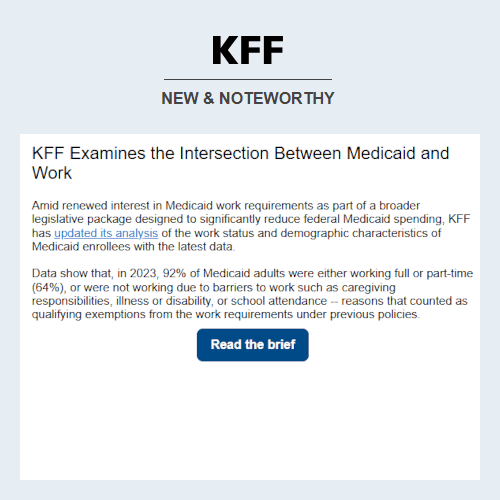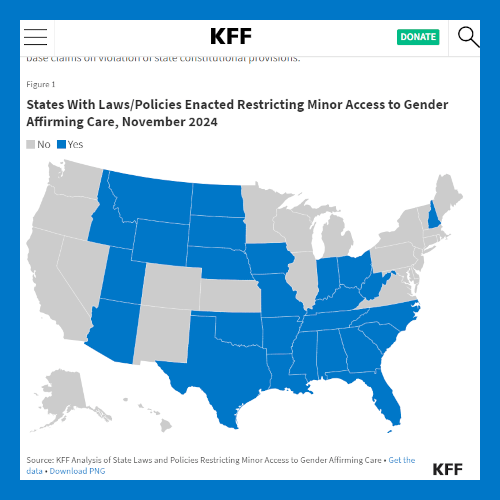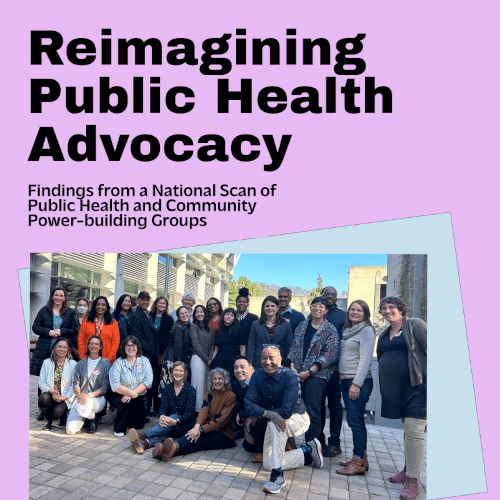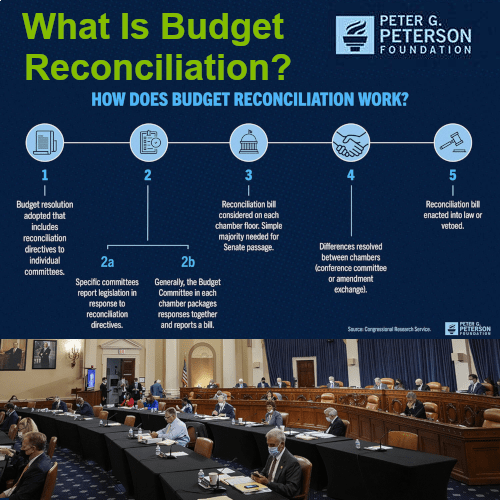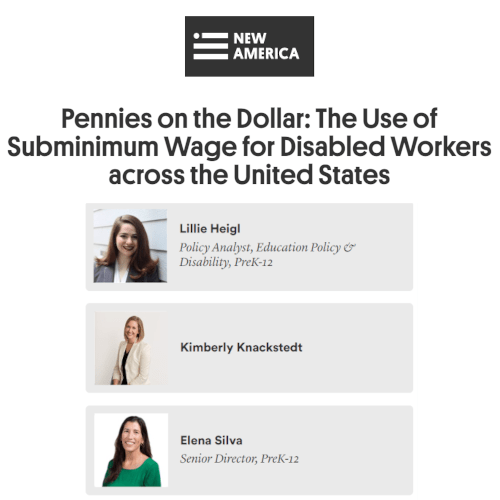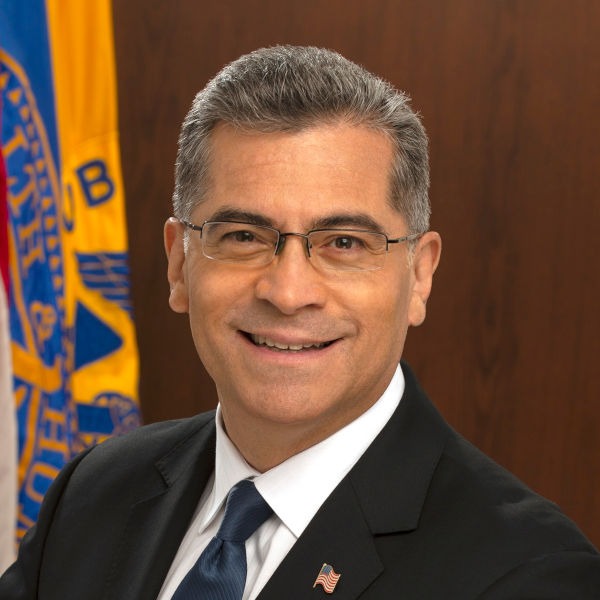Infosheet: Key Provisions in the House-passed Reconciliation Bill—H.R. 1, the ‘One Big Beautiful Bill Act’
An infosheet provides analysis of key health, philanthropy, and nonprofit provisions in H.R. 1, the budget reconciliation bill passed by the U.S. House of Representatives on May 22, 2025. Changes include an estimated $715 billion reduction in federal Medicaid spending including work requirements, new eligibility requirements to the Affordable Care Act that will reduce access to the ACA’s Advanced Premium Tax Credits, $300 billion in reductions to Supplemental Nutrition Assistance Program (SNAP) benefits, an excise tax on foundations, and new authority for the Secretary of the Treasury to remove the tax-exempt status of nonprofits the administration deems as “terrorist support organizations.”
Celebrating Our Colleague Eileen Salinsky, a Grantmakers In Health Mainstay Since 2007
After 18 years at Grantmakers In Health, Eileen Salinsky, longtime Program Advisor and former Vice President for Program and Strategy, has announced her retirement. Her last day at GIH will be Friday, March 21, 2025. Eileen was recruited as GIH’s Vice President for Program and Strategy by former President and CEO Lauren LeRoy in 2007. Family obligations required Eileen to step back from her management position, but she stayed on part-time as a Program Adviser for almost two decades.
Data Show That The Majority of Adult Medicaid Enrollees are Working
Amid renewed interest in Medicaid work requirements as part of a broader legislative package designed to significantly reduce federal Medicaid spending, KFF has updated its analysis of the work status and demographic characteristics of Medicaid enrollees with the latest data.
Youth Access to Gender Affirming Care at the Supreme Court: What to Know
Ahead of December 4 arguments in a Supreme Court case (U.S. v. Skrmetti) challenging the constitutionality of Tennessee restrictions for gender affirming care for minors, KFF explores the background of the case and potential rulings.
Reimagining Public Health Advocacy: Findings from a National Scan of Public Health and Community Power-building Groups
Drawing on a national scan of nongovernmental public health and community power-building groups, this report explains how Human Impact Partners approaches work to shift the field of public health, the research they conducted to better understand the gaps between public health and community power-building organizations, and the implications of what has been learned.
What Is Budget Reconciliation?
With narrow Republican majorities in the Senate and House, congress is expected to use budget reconciliation to pass the new administration’s legislative agenda. in this article, the Peter G. Peterson Foundation explains what budget reconciliation is and how it might be used.
Biden-Harris Administration Announces $75 Million Investment in Rural Health Care
The Health Resources and Services Administration (HRSA), an agency of the U.S. Department of Health and Human Services (HHS), announced nearly $75 million to support health care services in rural America. Funding will launch new opioid treatment and recovery services in rural communities, strengthen maternal health care in the South, and help rural hospitals stay open.



